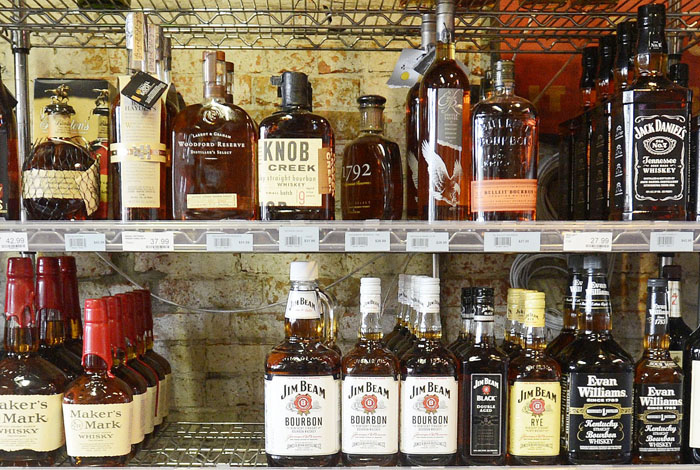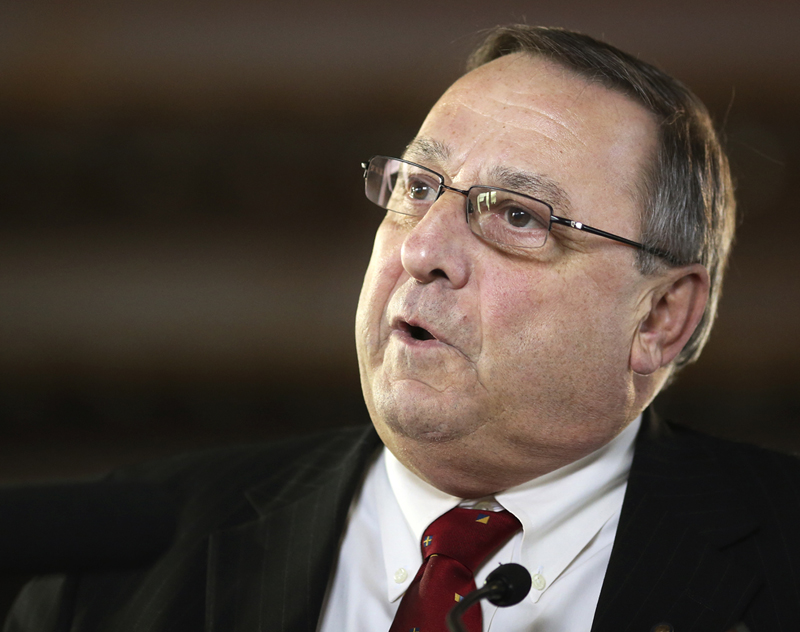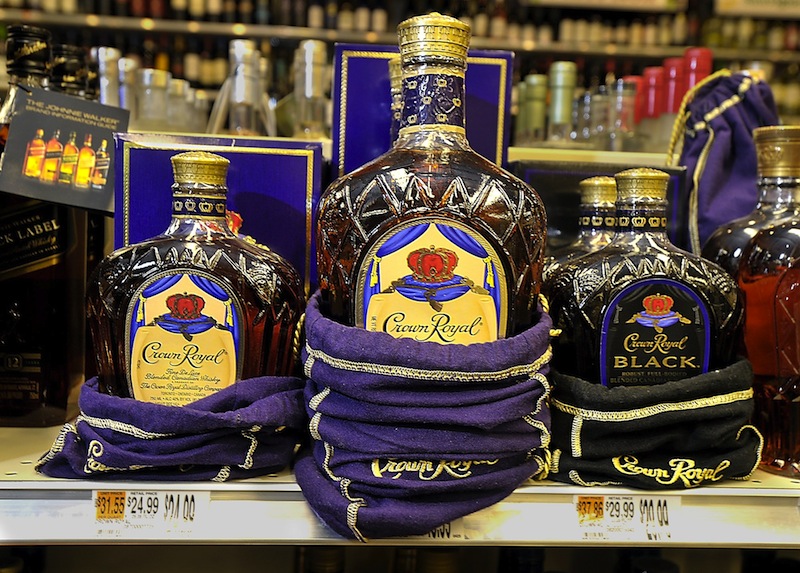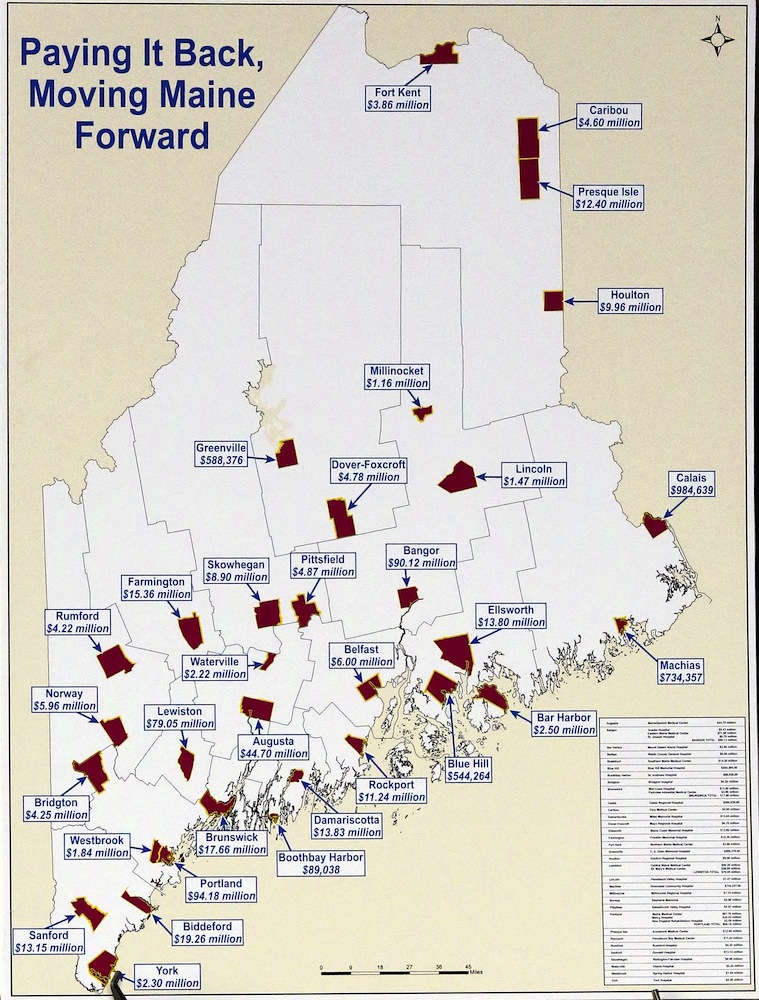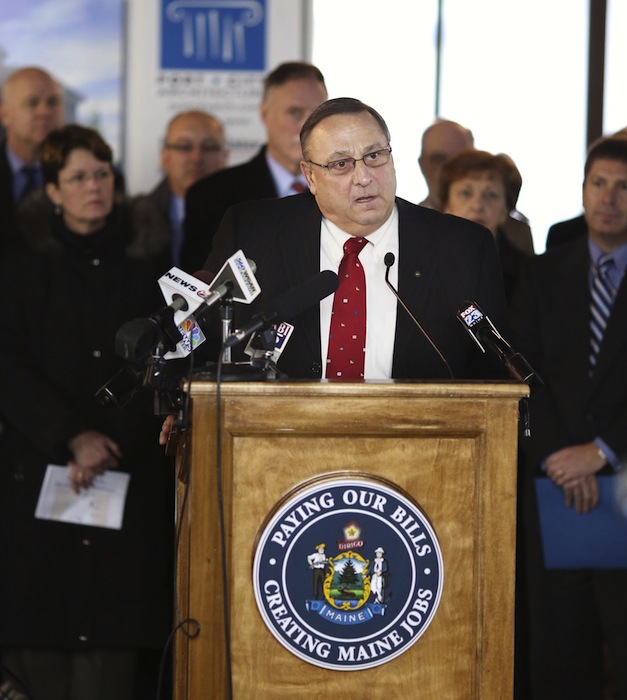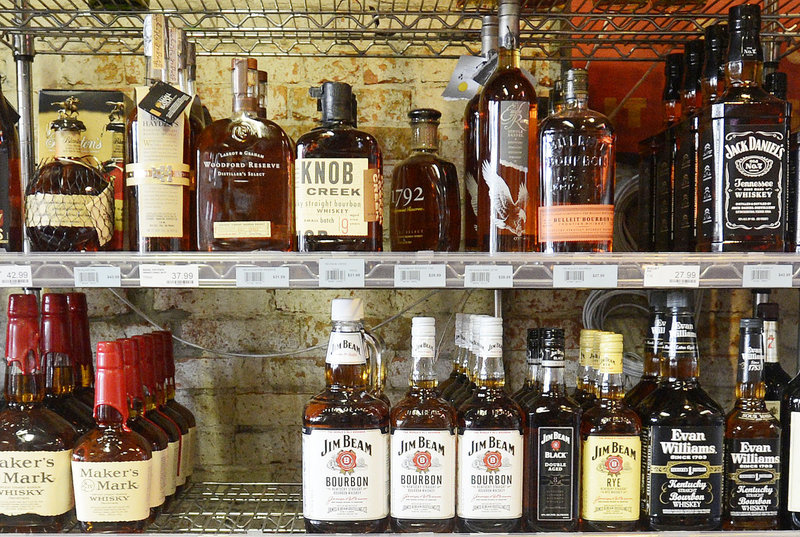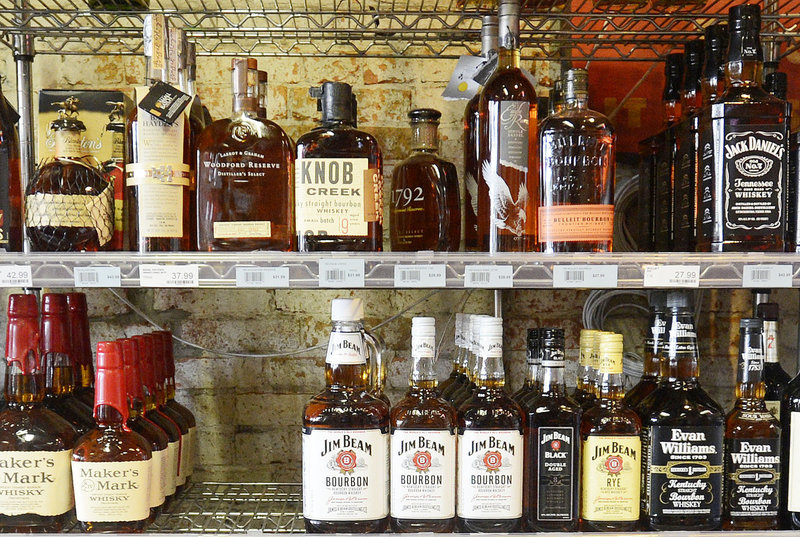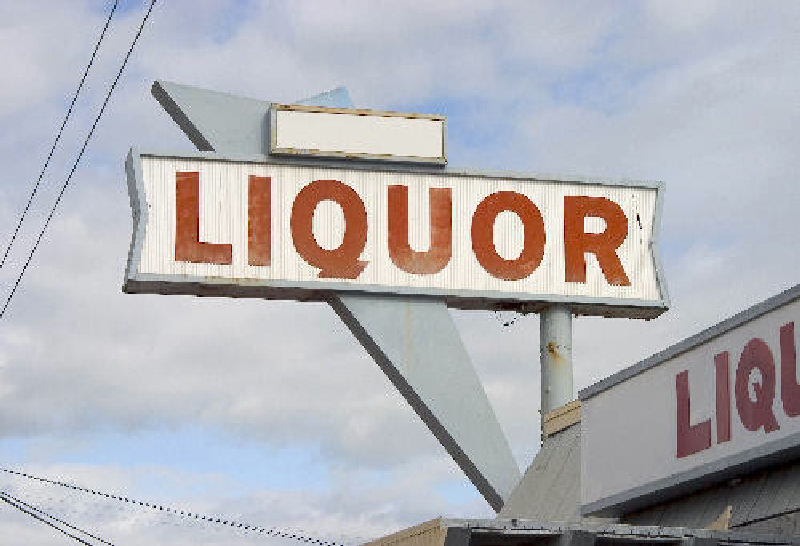Gov. Paul LePage has proposed emergency legislation to increase the portion of liquor revenues the state collects as part of his plan to pay off Medicaid debt to the state’s hospitals.
The bill calls for a contractor to handle monitoring inventory, managing accounts, advertising, and coordinating with suppliers.
The governor said last month that, after its current liquor contract expires in 2014, the state would take back management of liquor sales and seek a contractor to handle only distribution.
But the proposed legislation, submitted Monday, says the state would control the proceeds from liquor sales, with “a private sector person to provide administration, trade marketing and distribution and warehousing activities.”
As emergency legislation, the proposal needs approval from two-thirds of the House and two-thirds of the Senate. It would become law immediately.
Under the proposal, the state would pay off its debt to the hospitals by issuing bonds for as much as $187 million, to be repaid from liquor sales.
In years when more money comes from liquor sales than is needed for repayment of the bonds, the state could use as much as $7 million for the Department of Health and Human Services and the Department of Environmental Protection for drinking water systems and wastewater treatment. The rest, if any, would be used for construction on highways and bridges.
Once the bonds have been paid off, the state would transfer any money in the fund to the Maine Budget Stabilization Fund, often called the rainy day fund.
Last week, Maine’s current wholesale liquor distributor, Maine Beverage Co., offered the state a guaranteed $320 million to extend its contract without a bid process. LePage quickly rejected the offer, saying the contract is worth more.
From mid-2004 through 2011, liquor sales totaled $864.7 million under the 10-year contract awarded to Maine Beverage Co., according to financial documents filed with the state.
Maine officials hope to collect more money from liquor sales and lower retail prices by $2 to $7 per bottle to make the state more competitive with New Hampshire. The state also has said it wants to pay higher commissions to agency liquor stores.
Jessica Hall can be contacted at 791-6316 or at:
jhall@pressherald.com
Send questions/comments to the editors.

